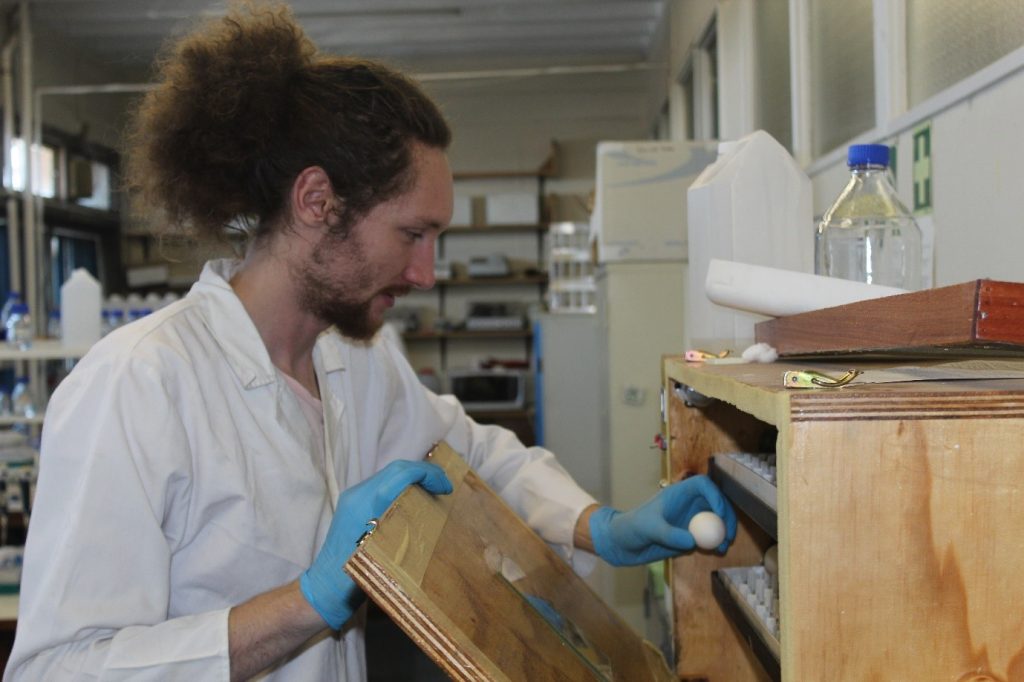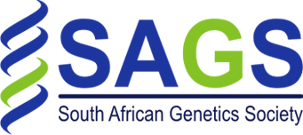
Golden eggs:
Providing affordable protein therapeutics through genetic engineering
Written by Michael Edwards
Globalisation has influenced the move away from traditional diets, encouraging the adoption of westernised ‘energy-rich’ diets. For many, this diet is not a matter of choice but one of economic necessity. Non-communicable diseases, those which cannot be transmitted between people and which are attributable to this diet, are overtaking infectious diseases, such as malaria and HIV/AIDS, as one of he leading causes of death globally. There is a dire need for effective means of treating these diseases and the emergence of protein-based therapeutics provides hope. It is now possible to break up blood clots in order to treat strokes by administering protein enzymes similar to those in our body. Unfortunately, in spite of these drugs’ remarkable potential they are still unaffordable to most. This is due to the difficulty and high costs associated with their production.
The solution may be ubiquitous, even lining the aisles of supermarkets everywhere. As is with so many other problems, we might look to nature for a solution. Hens are capable of producing large quantities of protein to be deposited into theirs eggs. The recent development of CRISPR/Cas 9 used for precise genetic code editing has provided a golden opportunity. The hen can be utilized to produce human protein therapeutics inexpensively with the valuable protein being contained to the egg white. CRISPR/Cas 9 allows us to cut the genetic code at specific sites and by targeting each end of a gene we can cut it out. By tricking the natural DNA repair mechanisms that are activated to fix the gap we created, we can place a foreign human gene into the chicken’s genetic code. Through this method we can replace the three major egg white proteins with a gene that encodes for an important human therapeutic protein.
To demonstrate the feasibility of this chicken ‘bioreactor’ model we have begun work with chicken cells; editing their genetic code. To meet the current needs of the healthcare sector we have selected human plasminogen activator (tPA) as the therapeutic protein whose gene we are incorporating. tPA breaks down blood clots and is currently the only FDA-approved treatment for strokes. Once successful tPA production has been demonstrated by our initial hens then the model can be employed to produce many other protein therapeutics inexpensively here in South Africa.
